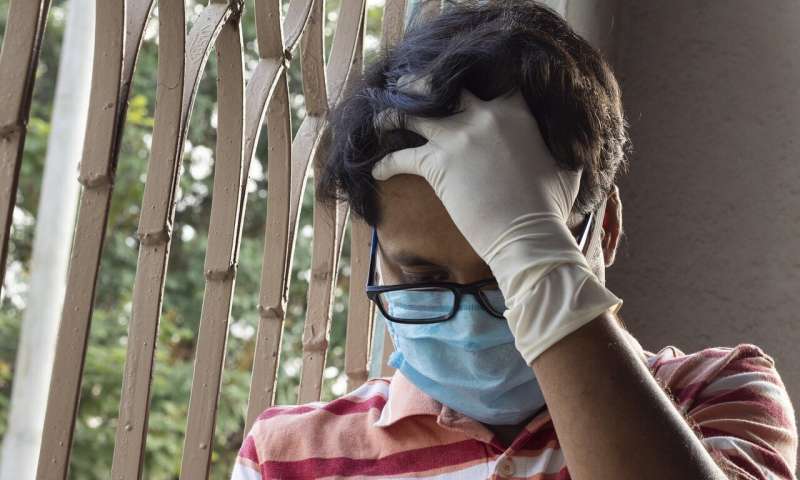
More people than usual died from strokes during Germany’s spring coronavirus lockdown, a study by health insurer AOK showed Wednesday, blaming fears about going to hospital.
A total of 740 AOK patients died from a brain haemorrhage or bleeding on the brain in spring 2020—26 more than in spring 2019, the insurer said.
The figures are not just a blip because they also show an increase compared with 2018, AOK said, despite better efficiency in hospitals.
Hospitals saw fewer stroke patients during the lockdown but the death rate rose from 12 to 15 percent—presumably because some patients received treatment too late, the insurer said.
“The fear of a COVID-19 infection may have prevented patients with mild symptoms in particular from going to hospital,” said AOK’s Juergen Klauber.
Patients must be relieved of this concern “because every minute really counts in the treatment of heart attacks and strokes”, he said.
Older women were the worst affected by the trend: 368 female AOK patients aged over 80 died from a stroke between March 16 and April 5—compared with just 327 in spring 2019.
Overall, far fewer people with symptoms of a heart attack or stroke were treated in hospital.
The number of patients with mild stroke symptoms dropped by 35 percent and those with severe symptoms by 15 percent.
There was also a drop in hospital admissions of 24 percent for severe heart attacks and 29 percent for mild heart attacks—but the number of patients who died from heart attacks also increased.
Germany introduced its first coronavirus shutdown in mid-March, closing everything but essential services and urging people to leave their homes only to exercise or go shopping.
Restrictions were gradually lifted from May, allowing something like normal life to return over the summer.
However, the country was hit by exponential growth in COVID-19 cases in October and has since introduced a second round of shutdowns.
Source: Read Full Article
